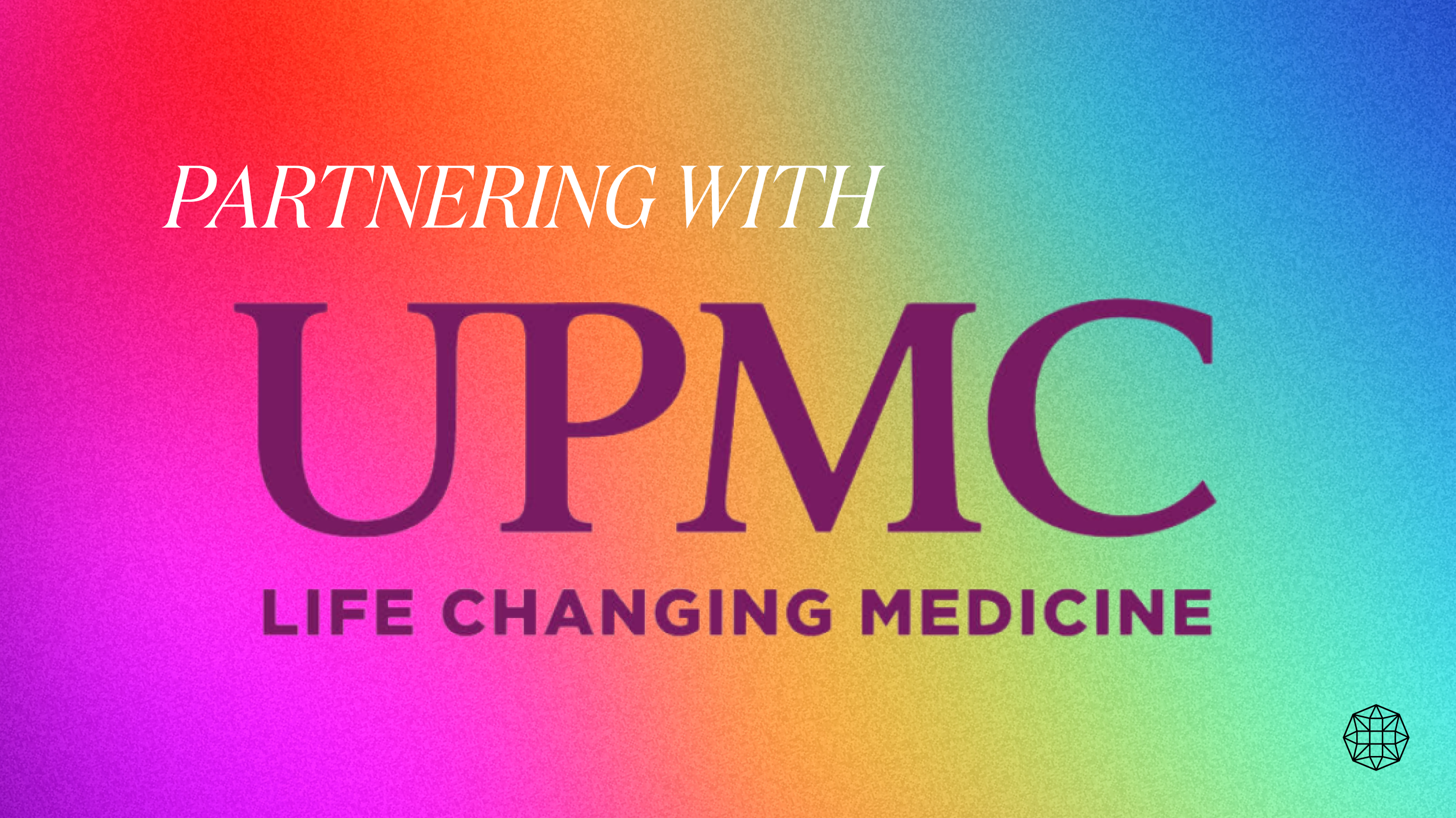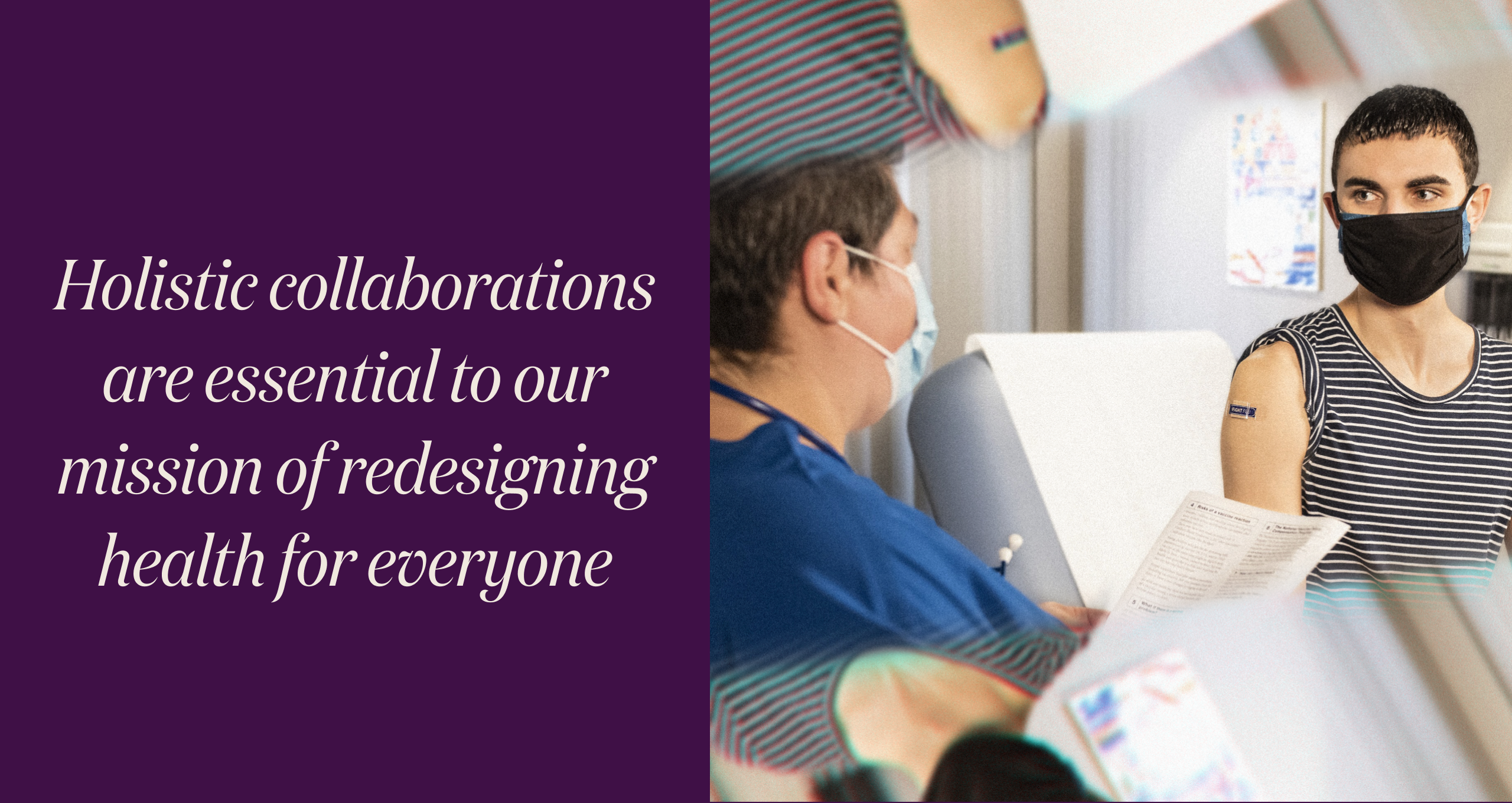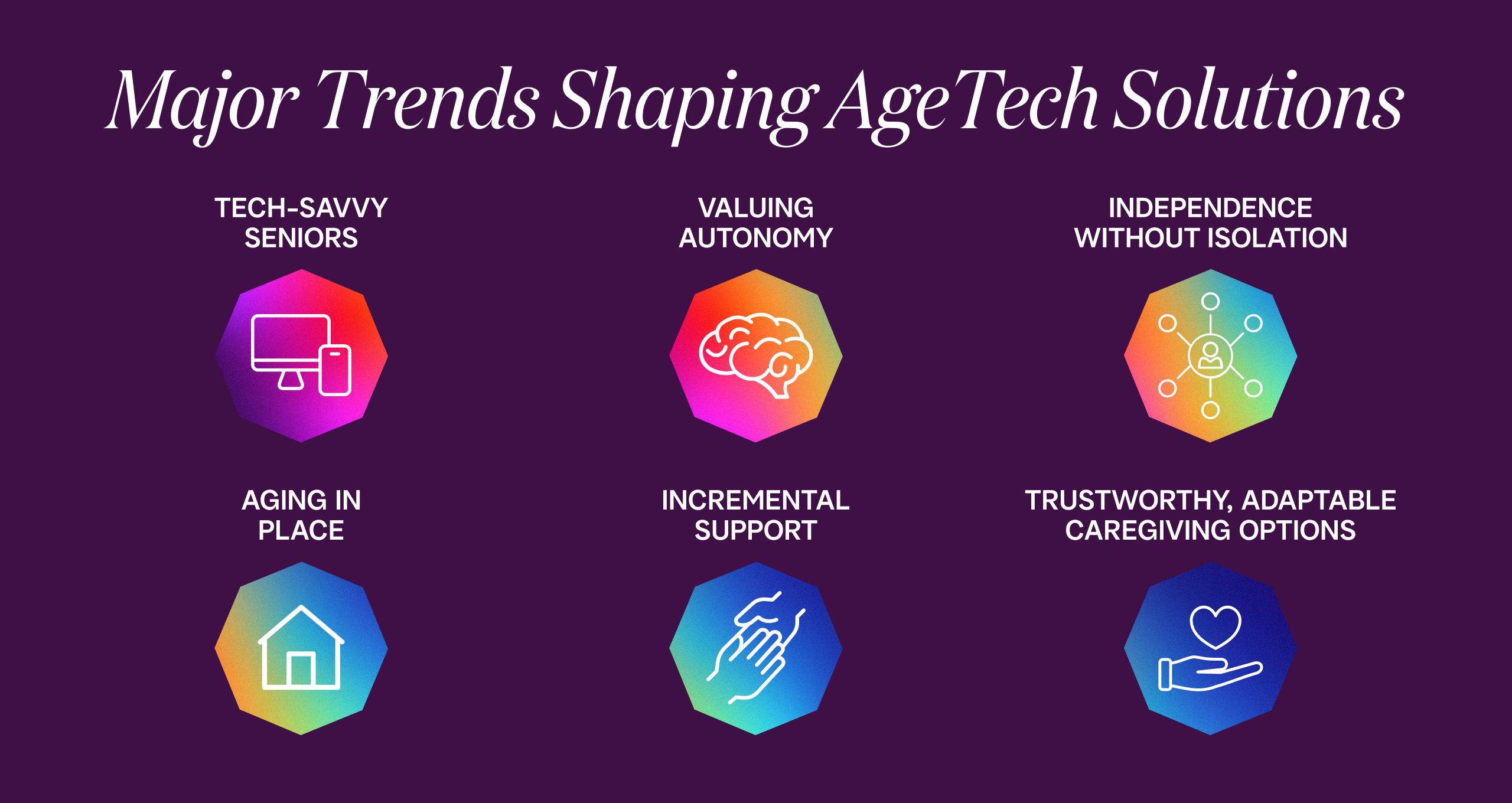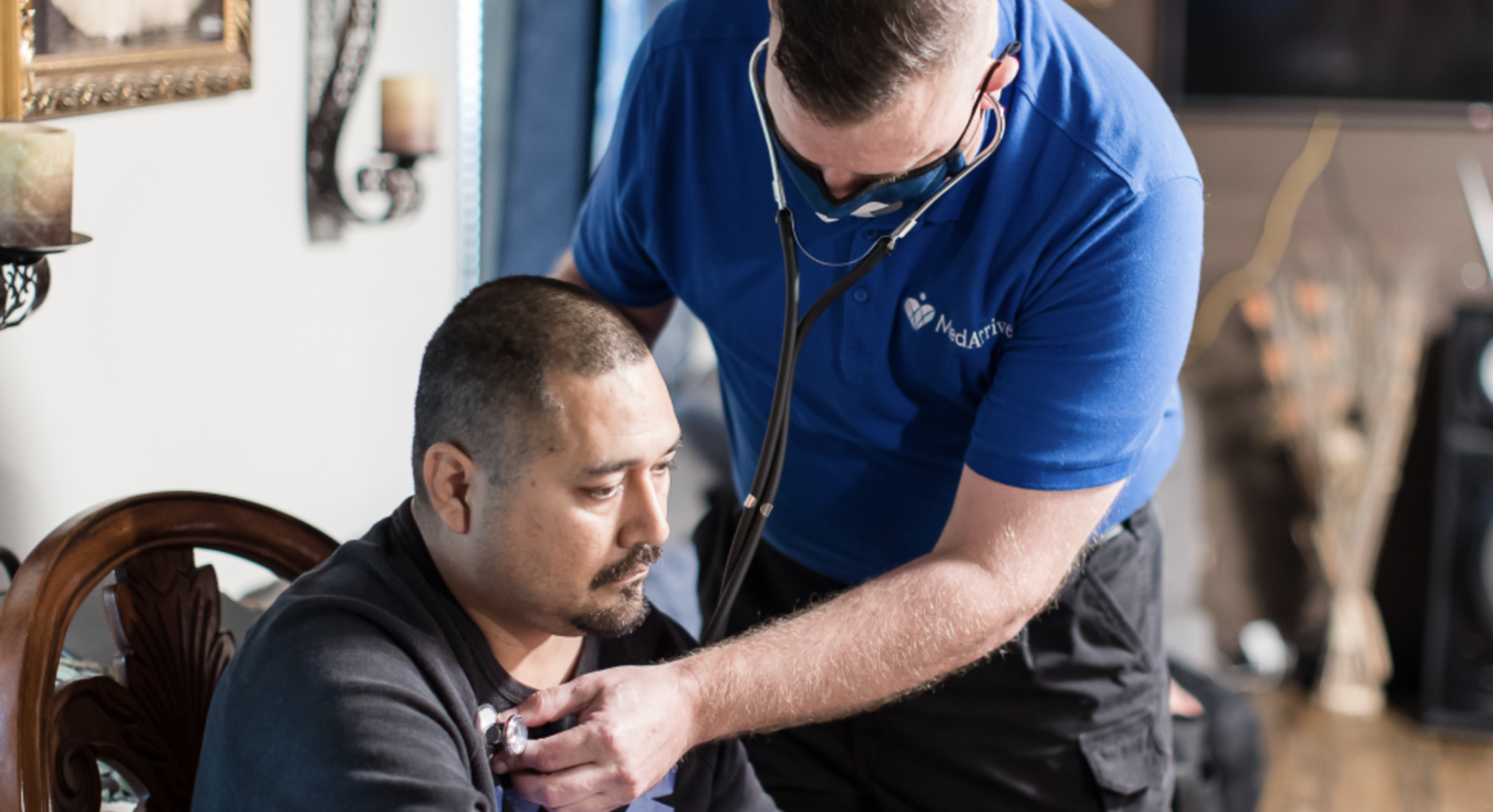
Partnering with Leading Health Systems to Drive Change and Improve Outcomes
At Redesign Health, we power innovation in healthcare by developing technologies, tools and insights that lower the barriers to change across the industry. To create meaningful impact across the healthcare ecosystem, we partner with leading healthcare institutions by combining our disciplined method of de-risking and building startups with healthcare incumbents’ deep expertise and scaled distribution. Together, we co-develop, launch and scale new businesses that tackle the most pressing issues in healthcare.

In this blog post, we’ll explore one such partnership with University of Pittsburgh Medical Center (UPMC), a Pittsburgh-based integrated health system that operates 40 academic, community and specialty hospitals in Pennsylvania, western New York and Maryland. Pip Care, a virtual clinic built at Redesign Health that combines predictive analytics with personalized, multimodal therapy to improve surgical outcomes for patients, was created from this partnership.
Built to address the need to deliver better support to patients before, during and after surgery to optimize health outcomes, Pip Care helps patients with surgery preparation and recovery by breaking down healthcare plans and goals into daily tasks through a consumer-facing app, and with a 1:1 certified healthcare coach who develops a personalized prep and recovery plan. The program is designed to intervene on evidence-based risk factors that drive outcomes through a patient-centric experience — providing the resources, motivation, and accountability needed to support behavioral change. Pip Care’s platform also alleviates administrative burden, allowing clinicians to practice at the top of their licenses. With all this information in one place, patients and providers have a smooth experience navigating through the surgical care process.
We recently sat down with both Curtis Stratman, Senior Director of Product Management at UPMC Enterprises, and Kathy Kaluhiokalani, CEO of Pip Care, to get their perspective on the value that this unique partnership provides.
Identifying a Shared Opportunity
Redesign Health’s company creation process starts with an in-depth discovery phase through academic and field-based research to thoroughly understand the market opportunity. In reviewing academic research, speaking with patients and surgeons, and attending surgical conferences, we found that many health systems struggle to support patients during the perioperative period: before, during and after surgery. We discovered that health systems with less mature surgical departments were excited about the value proposition of digitizing their existing surgery protocols. Meanwhile, health systems with “more mature” technologies valued the opportunity to improve their perioperative care services without hiring new staff or increasing the administrative burden for current FTEs. Across the board, we found that both patients and providers needed a holistic, tech-enabled perioperative solution.
After validating and analyzing the need, we drew from Redesign Health’s unique operating platform to build out the business model. Our partnerships team met with UPMC Enterprises, the system’s innovation and commercialization division, to share our findings — and it quickly became apparent that there were immense areas of opportunity — regarding both the challenge itself, as well as opportunities to work together to build that solution.
Aman Mahajan, M.D., chair of anesthesiology and perioperative medicine at the University of Pittsburgh, and executive director of UPMC Perioperative Services, emphasizes the critical need for this type of solution. “Surgery can be incredibly difficult on a patient’s body. In some cases, it can have the same toll as running a marathon. If we can help patients make healthier decisions – like losing weight or quitting smoking — before they have their procedure, then we can lessen their time in the hospital and speed up their recovery. It is a service that all patients could benefit from, not just those who are at a higher risk for complications. We want to bring the CPC services to more patients while still creating an excellent experience, and Pip Care will help us reach this goal.”
Curtis Stratman explains the opportunity their team saw to join together with Redesign Health to build a much needed solution to address the gap in the marketplace.
“What interested us most was the alignment between our organizations about the mission of this new company and the synergies between what each of us brought to the party,” shares Stratman. “UPMC contributes the novel clinical care model, data-driven interventions and the ‘living lab’ of our $24 billion health system. Redesign Health brings the ability to recruit leadership talent, external health partner collaborations and scalable, tech-enabled clinical delivery models. Together, these create a powerful platform to scale new models of care for more UPMC patients while also commercializing these innovations for the broader market.”
Redesign Health’s Talent team then recruited Kathy Kaluhiokalani, a seasoned operator with extensive experience and knowledge of the inner workings of health systems, to lead Pip Care. She has since built a deep bench of supporting executives from OptumCare, OncoHealth and other companies experienced in care delivery.
Testing the Waters With a Pilot Program
Together, clinical and operational experts at UPMC, Redesign Health and Pip developed and launched a pilot program at UPMC’s three existing perioperative clinics in October 2022. During the pilot, patients had access to the full suite of Pip Care services, including appointment reminders, goal trackers, and access to Pip Care’s certified health coaches. Pilot participants were given access to 1:1 sessions with certified health coaches, going beyond a one-size-fits-all approach for surgery prep and recovery. These coaches provide personalized care plans for patients at any given point during their surgical journey.
The Pip Care team’s intensity and focus drove the development of the minimum viable product, powered by a direct-to-consumer app supported by health coaches,” notes Stratman. “The team continuously engaged the UPMC clinical team to define and prioritize their essential needs.”
The pilot was launched as an extension of the UPMC clinical offering, and enrolled patients quickly expressed their gratitude for the service provided, with one participant emphasizing that their certified health coach provided “a tremendous amount of support during [their] 8 weeks of visits” and they would highly recommend the program.

"What interested us most was the alignment between our organizations about the mission of [Pip Care] and the synergies between what each of us brought to the party. Together, [UPMC and Redesign Health] create a powerful platform to scale new models of care for more UPMC patients while also commercializing these innovations for the broader market." - Curtis Stratman, Senior Director of Product Management, UPMC Enterprises
Making an Impact Together
In speaking with both UPMC and Kathy Kaluhiokalani about the partnership, it’s clear both parties agree on the power of partnerships between industry incumbents, like UPMC, and startups founded at Redesign Health. It’s an example of two strong systems coming together to create a powerful platform for scaling new models of care for more patients than ever, while making those innovations available as commercial solutions for the larger market.
“Partnering with a health system like UPMC offers many valuable insights, both from the clinician and patient perspective,” notes Kaluhiokalani. “The opportunity to align Pip’s health coaching and tech-enabled support to leverage Enhanced Recovery after Surgery protocols across rural, suburban and urban hospitals has allowed us to quickly democratize the care model and understand varying patient needs, so access is not a roadblock.
Kaluhiokalani adds, “In the longer term our partnership will provide many key data points that, when acted upon, will improve surgical outcomes, reduce complications and empower patients at a sentinel event in their life.”
This approach also offers strategic advantages for innovators. Nate Snyder, Venture Chair at Redesign Health, shares the benefit to new companies that want to enter existing markets.
“It’s often very difficult for startups to engage with health systems,” Snyder says. “It takes months, many connections and a ton of credibility for a health system to sign with a startup. But Redesign Health delivered UPMC to Pip. We were deep in conversations with UPMC when Kathy was brought on board as CEO. Redesign Health really played a crucial role in making this connection.”
The future of healthcare won’t solely depend on “disruptors” or those from outside the industry pushing against existing systems. It will also involve more holistic collaborations, like this one with UPMC, to build companies that can innovate and improve on strengths in the marketplace. Since existing health systems assume risk and responsibility for patient care, new technologies and protocols can steadily build upon what’s already working to improve outcomes for both providers and patients.

![No alternate text]() Redesign HealthDemystifying Healthcare Innovation: 4 Lessons on Driving Meaningful Change
Redesign HealthDemystifying Healthcare Innovation: 4 Lessons on Driving Meaningful ChangeInnovation is a frequently used buzzword in healthcare. Despite its widespread usage within our industry, achieving tangible value and impactful outcomes often proves challenging.
April 16, 2024
![No alternate text]() Healthcare TrendsRedesign Health2024 Health Trends: 4 Experts Discuss Key Innovation Priorities
Healthcare TrendsRedesign Health2024 Health Trends: 4 Experts Discuss Key Innovation PrioritiesTo uncover the most pressing healthcare issues—and possible solutions—on the horizon for 2024, our team polled four influential industry thought leaders and Executive Advisory Board members at Redesign Health.
January 10, 2024
![No alternate text]() MedicaidModernizing Medicaid with a Multi-Stakeholder Financing Model
MedicaidModernizing Medicaid with a Multi-Stakeholder Financing ModelDiscover how a multi-stakeholder financing model could overcome some of Medicaid’s obstacles, dramatically improving health and quality of life outcomes for Medicaid recipients while generating savings across government programs.
November 15, 2023
![No alternate text]() Chronic CareRedesign HealthWraparound Care: The Next Frontier in Chronic Care Management
Chronic CareRedesign HealthWraparound Care: The Next Frontier in Chronic Care ManagementExploring tech-infused strategies to manage chronic conditions
September 05, 2023
![No alternate text]() ADVISORSRedesign HealthRedesign Health Advise: Leveraging Experts and Insights to Expand Impact
ADVISORSRedesign HealthRedesign Health Advise: Leveraging Experts and Insights to Expand ImpactThe Redesign Health Advise program connects our team and founders with a deep bench of experts from across the healthcare industry.
June 29, 2023
![No alternate text]() Senior HealthRedesign HealthInvesting in AgeTech: Serving the Growing Senior Health Market
Senior HealthRedesign HealthInvesting in AgeTech: Serving the Growing Senior Health MarketProviding targeted tech solutions for aging adults
June 14, 2023
![No alternate text]() Shifting Sites of Patient Care: Driving Value in Alternative Settings
Shifting Sites of Patient Care: Driving Value in Alternative SettingsRight care, right setting: Unlocking value in alternative sites of care
April 27, 2023
![No alternate text]() Value-Based CareThe Evolution of Value-Based Care: Exploring Challenges and Opportunities in Adoption
Value-Based CareThe Evolution of Value-Based Care: Exploring Challenges and Opportunities in AdoptionRedesign Health Venture Chair Missy Krasner recently hosted a roundtable discussion with leaders in the Value-Based Care Industry to explore how the adoption of value-based care is unfolding--and what to expect in the coming years.
February 15, 2023
![No alternate text]() James QuarlesThe Kids Aren’t Alright: Addressing the Adolescent Mental Health Crisis With Accessible, High Quality, Evidence-Based Practice
James QuarlesThe Kids Aren’t Alright: Addressing the Adolescent Mental Health Crisis With Accessible, High Quality, Evidence-Based PracticeResearch shows that mental health disorders have surpassed physical conditions as the most common causes of impairments and limitations in children. Suicide was the second-leading cause of death among 10 to 14 year-olds in 2020.
February 15, 2023
![No alternate text]() PartnershipsRedesign HealthPartnering with Leading Health Systems to Drive Change and Improve Outcomes
PartnershipsRedesign HealthPartnering with Leading Health Systems to Drive Change and Improve OutcomesAt Redesign Health, we firmly believe the US healthcare system desperately needs innovation to address our lagging health outcomes, sky-high costs and uneven access to care.
February 09, 2023
![No alternate text]() Platform, Company CreationBehind the Curtain: Redesign Health's Company Creation Process
Platform, Company CreationBehind the Curtain: Redesign Health's Company Creation ProcessIt's easy to say healthcare is broken. It's much harder to fix it. At Redesign Health, we’re up for the challenge.
February 01, 2023
![No alternate text]() Healthcare TrendsHealthcare’s Biggest Trends in 2023: Industry Forecast from Redesign Health
Healthcare TrendsHealthcare’s Biggest Trends in 2023: Industry Forecast from Redesign HealthPowering healthcare innovation at scale is the heart of our work at Redesign Health. With 2023 on the horizon, we surveyed our cross-functional team of industry leaders for their forecast for 2023’s biggest trends in healthcare.
December 15, 2022
![No alternate text]() Insights from the Redesign Health Ecosystem: Improving Healthcare for Older Adults
Insights from the Redesign Health Ecosystem: Improving Healthcare for Older AdultsRedesign Health Venture Chair Missy Krasner recently hosted a roundtable discussion with leaders from three of our Operating Companies to explore the state of older adult healthcare in the U.S. and how their teams are facilitating healthier aging.
October 21, 2022
![No alternate text]() ResearchRedesign HealthStuck in the Middle: Healthcare Solutions for Older Adults Shouldn’t Be One Size Fits All. Here's Why.
ResearchRedesign HealthStuck in the Middle: Healthcare Solutions for Older Adults Shouldn’t Be One Size Fits All. Here's Why.There will be more older adults than children in America by 2035. We are not ready. A one-size-fits-all approach to older adult healthcare simply won’t be able to comprehensively support the needs of so many aging people.
October 05, 2022
![No alternate text]() Company CultureRedesigning Company Culture
Company CultureRedesigning Company CultureWe have big ambitions at Redesign Health: to make humanity healthier and to redesign healthcare for everyone. We strive to do things differently here, and building our company culture is no exception.
July 18, 2022













